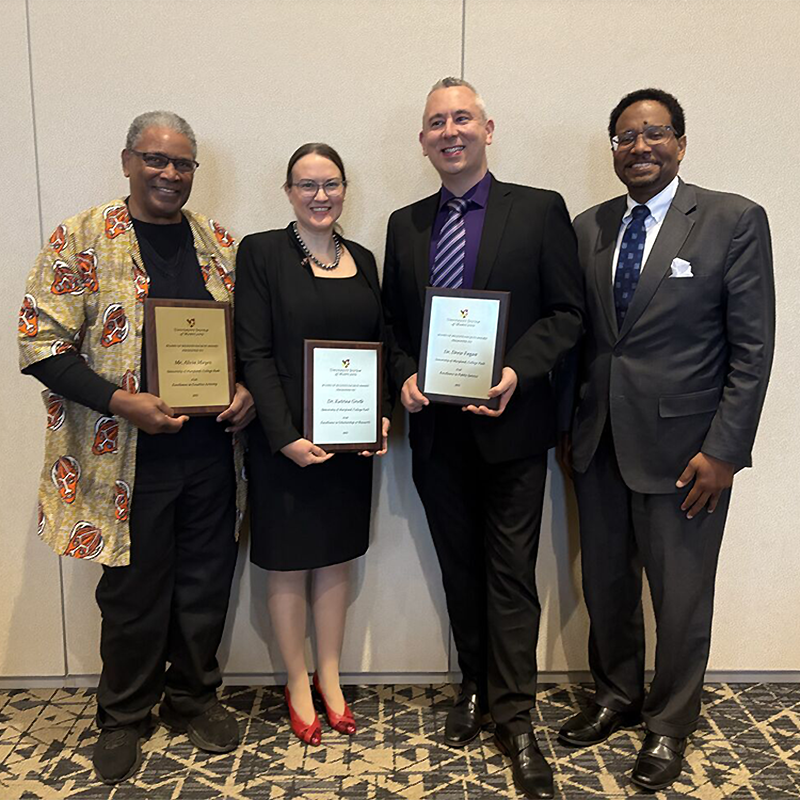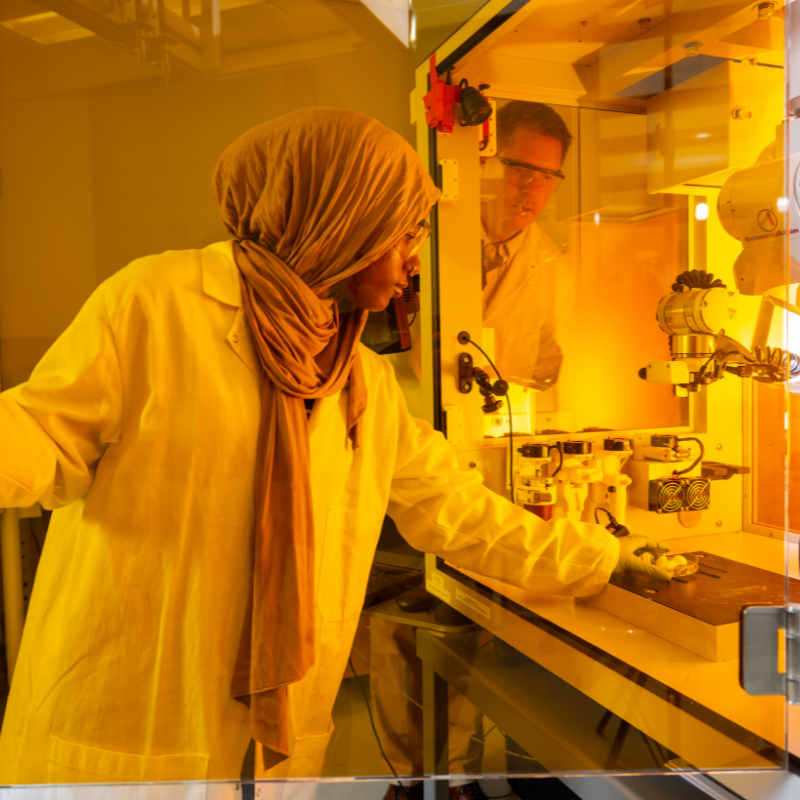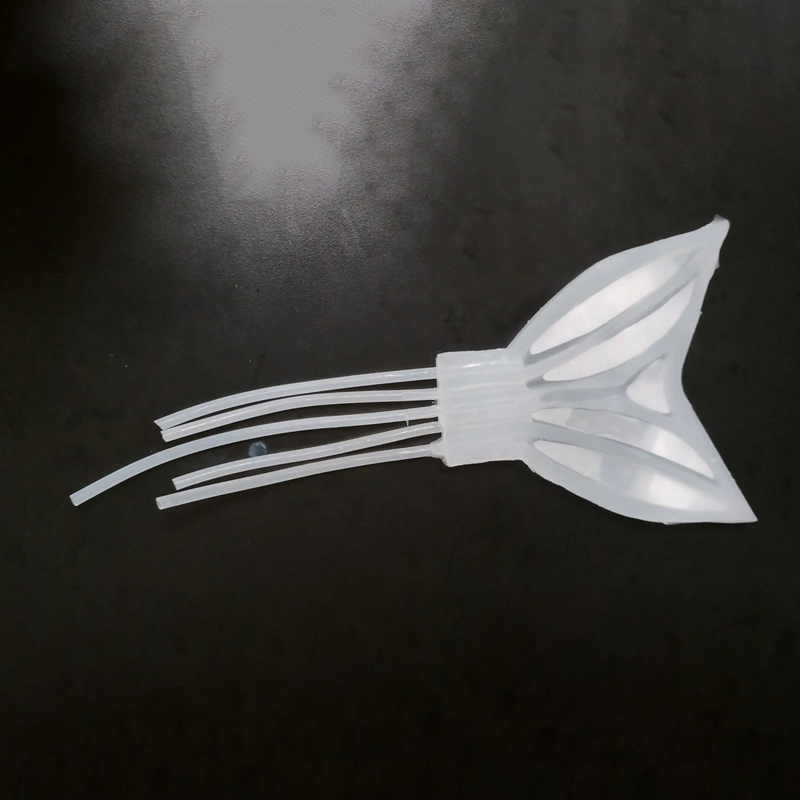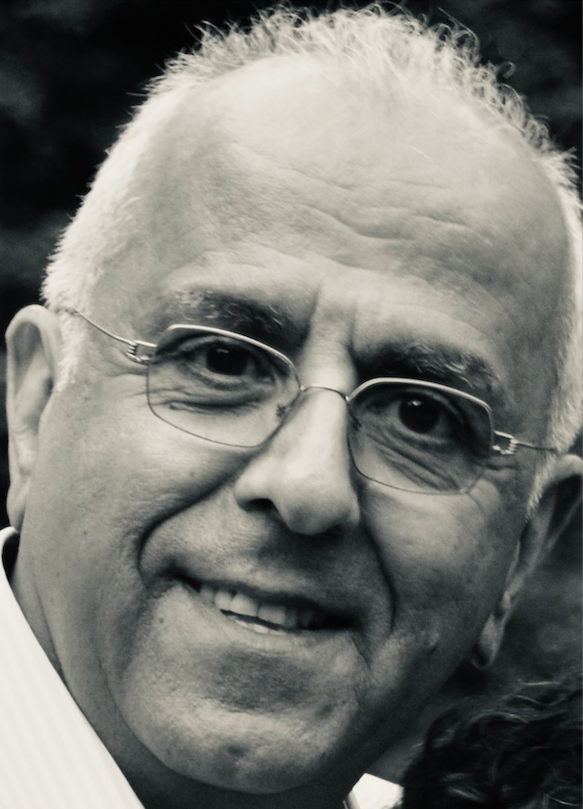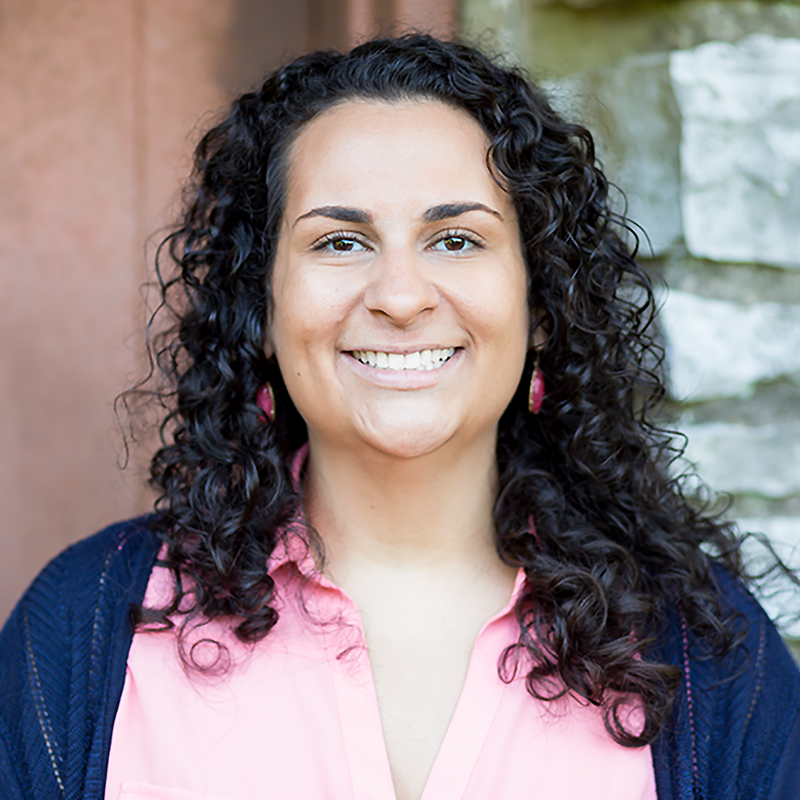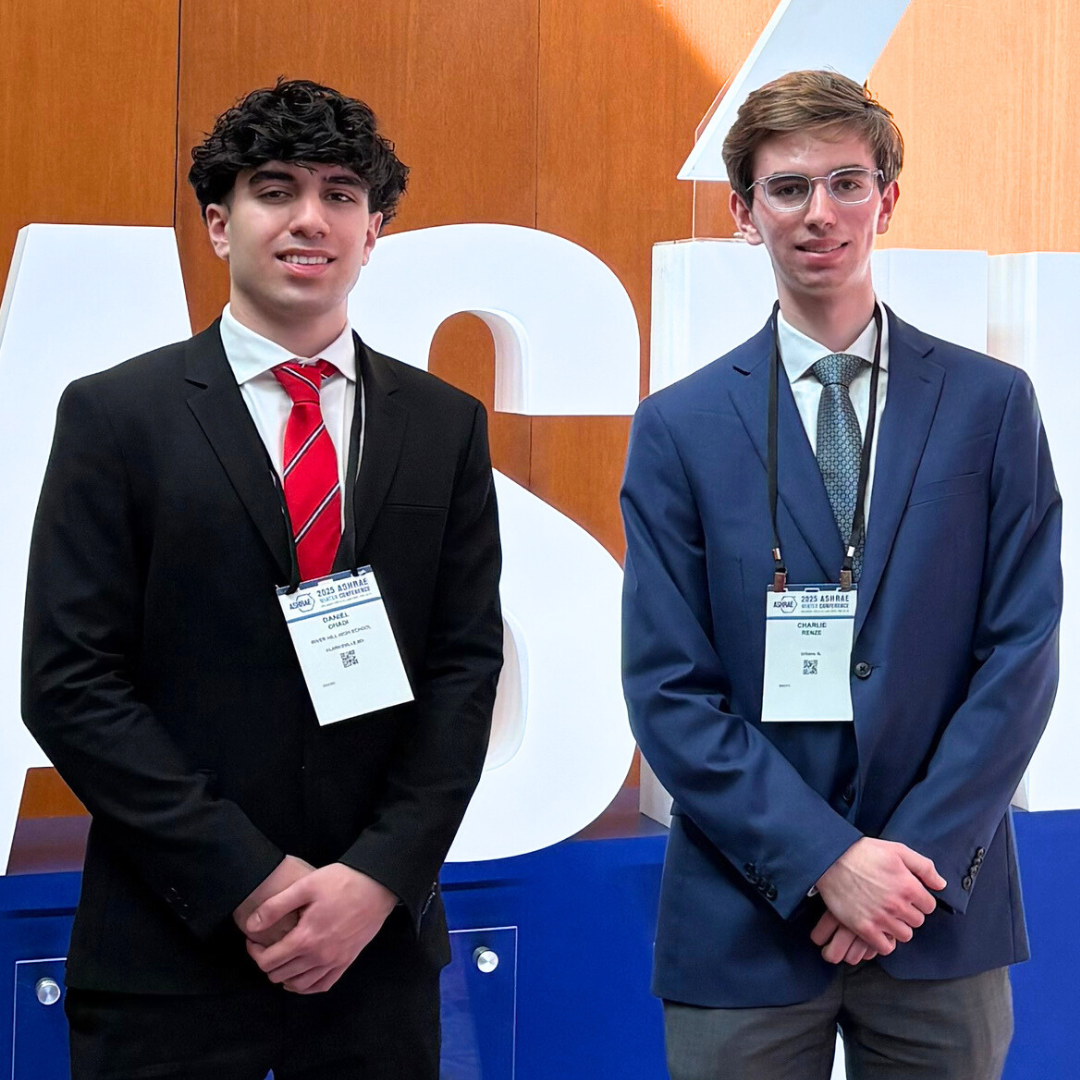News Story
ME Faculty & Students Win Invention, Business Plan Awards
Mechanical Engineering students and faculty won first place awards at two University of Maryland competitions for innovation and business plan competitions.
In April the Office of Technology Commercialization (OTC) at the University of Maryland hosted their 18th Annual Invention of the Year Reception and awarded the Physical Science Invention of the Year Award to Benjamin Shapiro, Elisabeth Smela, Pamela Ann Abshire, Denis Wirtz for their Cell Sensor Based Pathogen Detection invention. This new technology will enable selective pathogen detection by exploiting the signaling machinery of living cells.
Each year a panel of judges made up of University of Maryland personnel and industry experts selects one winner from groups of finalists in each of three categories: information science, life science and physical science. The winners are chosen based on the creativity, novelty and potential benefit to society of each of the inventions.
The Office of Technology Commercialization (OTC) at the University of Maryland was established in 1986 to facilitate the transfer of information, life and physical science inventions developed at the university to business and industry. In the past 18 years, OTC has recorded more than 1,400 technologies, secured more than 225 patents and licensed nearly 750 technologies, generating more than $22.6 million in technology transfer income. In addition, more than 40 high-tech start-up companies have been formed based on technologies developed at the university.
Student-led start-up company Test2do won $12,500 by winning the graduate student category of the 2005 New Venture Challenge, the University of Maryland’s $35,000 business plan competition held on May 6. Test2do’s team includes Associate Professor Carol Smidts and Ph.D. student Avik Sinha, both from the Department of Mechanical Engineering, as well as Jean LaFonta, manager of administrative service for the Centre for Scientific Computation and Mathematical Modeling.
Test2do is developing front-to-end, automated tools for testing software. The tools are designed to make software more reliable, and to reduce the costs of testing and fixing faulty programs. U.S. corporations spend $60 billion per year to repair software defects, according to the company. Test2do’s tests have shown its tools yield a three-fold gain in effectiveness, and a two-fold gain in efficiency, over current tools in the market.
During the competition, six teams of finalists presented their ideas for new companies to a panel of five distinguished judges from the regional technology venture community.
The department congratulates these outstanding students and faculty on their well-deserved awards.
Published May 15, 2005
